- Affordable payment options
- Variety of Payment Modes
- Different payment options

Himanshu is a content marketer with 2 years of experience in the life insurance sector. His motto is to make life insurance topics simple and easy to understand yet one level deeper for our readers.
Reviewed By:

Raj Kumar has more than a decade of experience in driving product knowledge and sales in the health insurance sector. His data-focused approach towards business planning, manpower management, and strategic decision-making has elevated insurance awareness within and beyond our organisation.
Updated on Jun 25, 2025 4 min read
Ideal mode of payment for Term Insurance plan
It is often emphasized that any insurance plan should not lay an oppressive burden on the pockets of the policyholders, especially Term Life Insurance being a long-term commitment where the policyholder pays for approximately 30 years. Considering such a long period, it becomes extremely crucial to choose a suitable payout method that gives some breather to the payee along with some benefits.
Talking about payment models for the Term Insurance plan, there are two modes to pay the premium i.e. Limited Pay model and the Regular Pay model. These are common modes offered by every term life insurance company to their customers to freely select any payment modes depending upon their abilities.
Regular Payment Mode:
As it is self-explanatory that in the regular payment model, the policyholder promises to pay for the entire duration of the policy tenure. It means the duration of the premium payment is equal to the term insurance policy.
This may seem a little stretched timeline to pay the premium however it is balanced with some advantages. The biggest advantage of the regular payment method in term insurance is that the premium comes very nominal in this scenario as it is paid regularly i.e. monthly, quarterly, or annually. And with regular payments, the payee can leverage the tax benefits throughout the premium payment tenure.
Limited Payment Mode:
In this, the premium payment duration can be restricted to the desired years of the policy tenure. This means that premium payment duration ends well in advance of the policy tenure. However, the advance premium payment doesn’t impose any impact on the policy timeline or contract.
This limited duration of payment deal is always an advantage as the policyholder can be free from the long-term premium payment obligation but then the policyholder has to pay a higher amount of premium in order to finish it before the timeline.
How to choose an ideal payment mode?
While both payment options sound lucrative with their own sets of benefits, however, it is extremely important to carefully select the right one to ensure that the term insurance remains intact and up & running without any glitch, especially the financial one.

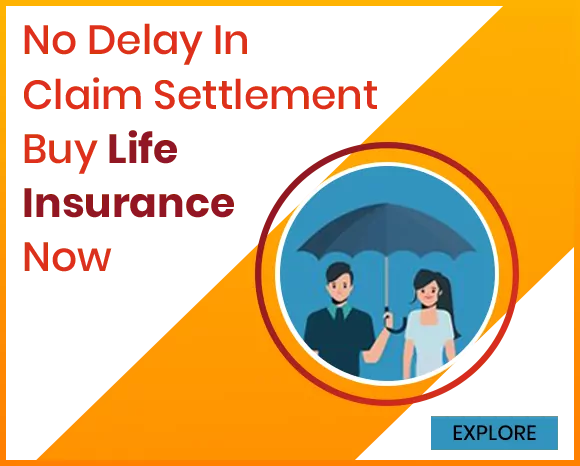
To select the right premium payment model, it is significant to consider the nature of the income that decides the outflow of the expense. If a policyholder has a steady income flow then regular payment mode can be a good option as he/she can pay throughout the policy tenure without experiencing any financial crunch.
Another reason to choose the regular payment option for term insurance is to leverage the tax benefit throughout the policy tenure.
On the contrary, if a policyholder is fixed goals to retire early in life wherein he/she is not going to pursue any job or business after a certain age, then a limited payment option is the best. The policyholder need not worry about premium payment after its retirement. Also in case, the policyholder doesn’t want to have premium payment to go for a longer duration and wishes to get done with their payment then also limited payment mode is the right one to select.
In fact, occupation or profession plays a critical role in selecting the payment mode of term insurance. If a policyholder is into some uncertain work environment such as defense personnel, mining or oil industry, etc then she/he may select a limited payment option to ensure that he/she has completed the responsibility to make the premium payment well in advance and be stress-free about their family.
Conclusion
Indeed, a term life insurance plan is quite crucial for everyone to ensure the financial stability of the family, however, in view to do so, the policyholder must not stifle itself under the burden of long-term premium. Thus, having the right payment mode is as significant as selecting the best term plan or its sum assured amount.
Other Term Insurance Companies
Share your Valuable Feedback
4.6
Rated by 865 customers
Was the Information Helpful?
Select Your Rating
We would like to hear from you
Let us know about your experience or any feedback that might help us serve you better in future.


Written By: Himanshu Kumar
Himanshu is a seasoned content writer specializing in keeping readers engaged with the insurance industry, term and life insurance developments, etc. With an experience of 2 years in insurance and HR tech, Himanshu simplifies the insurance information and it is completely visible in his content pieces. He believes in making the content understandable to any common man.





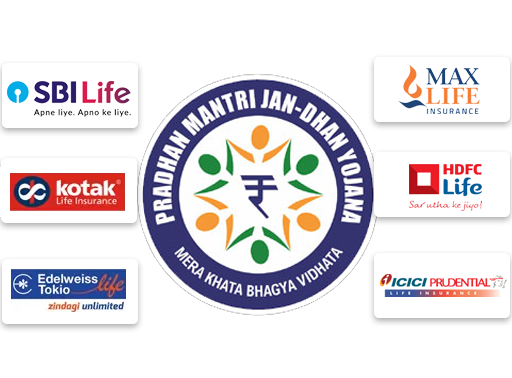
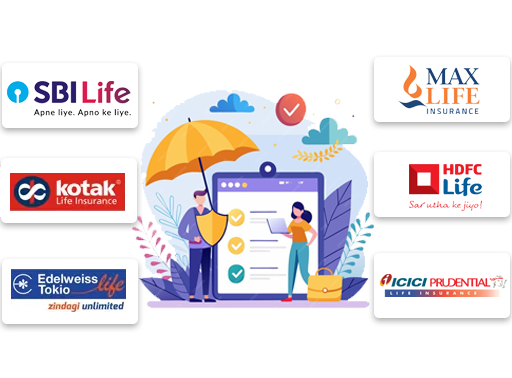
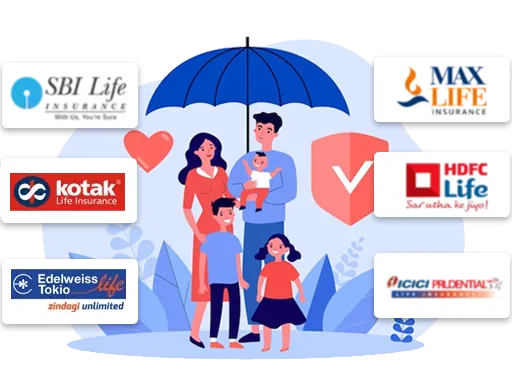
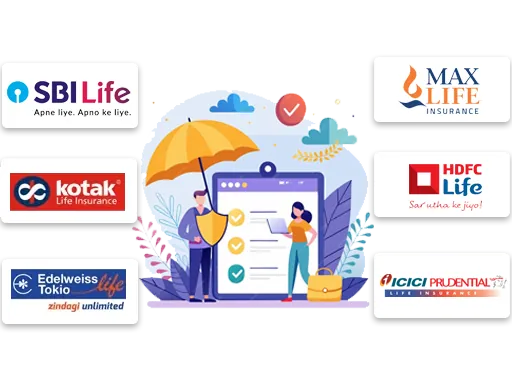
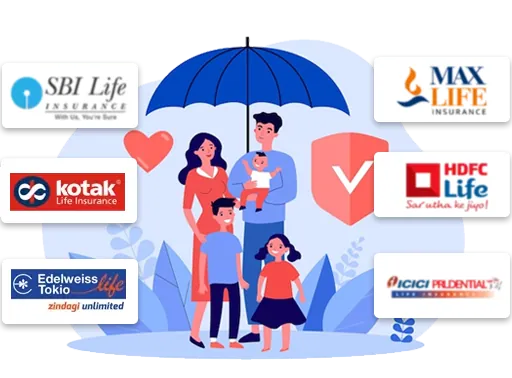


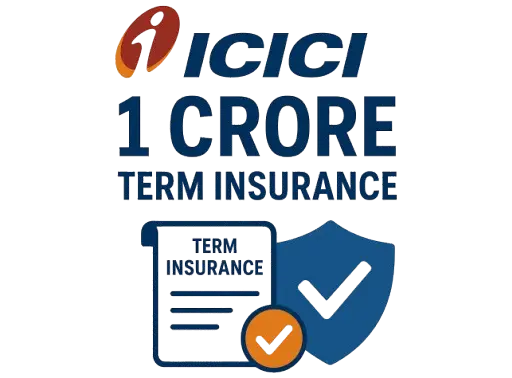

4391-1741255269.png)





Do you have any thoughts you’d like to share?